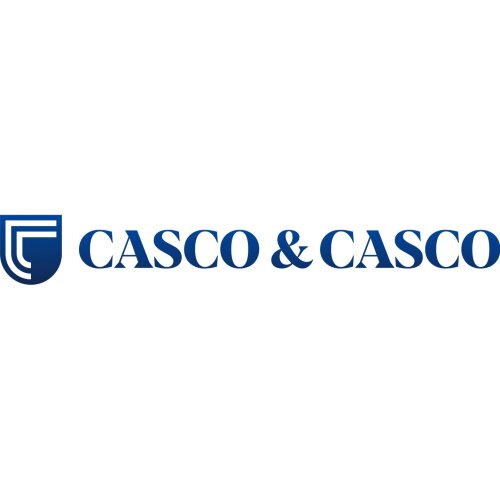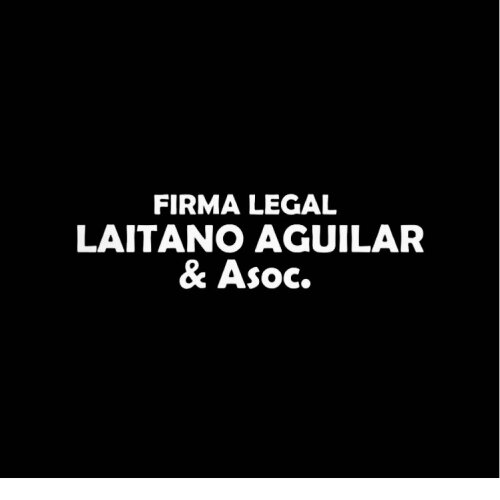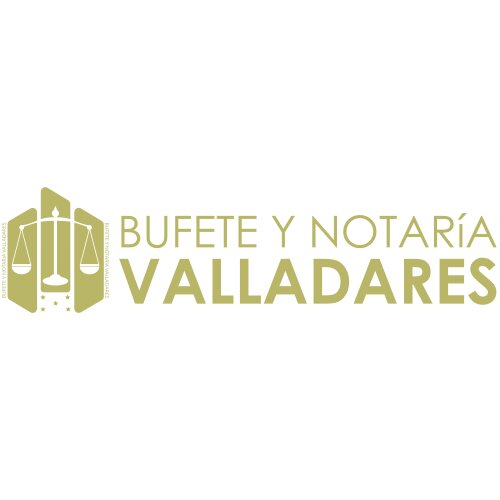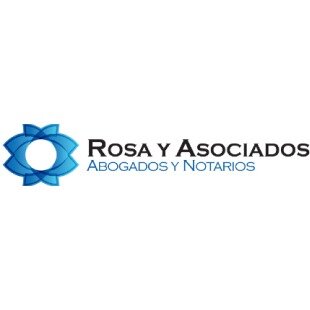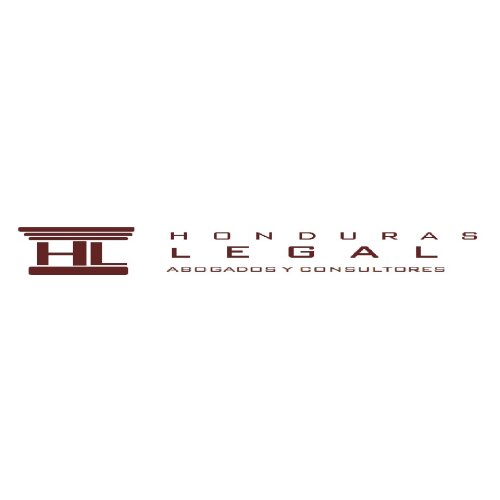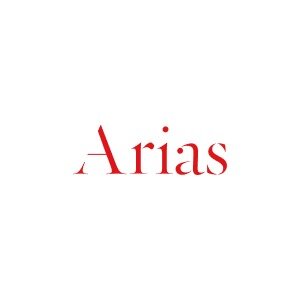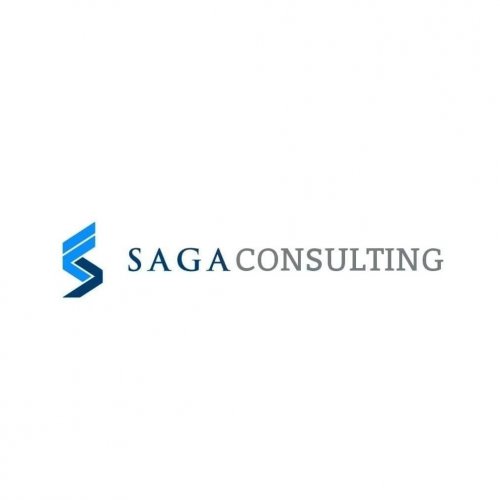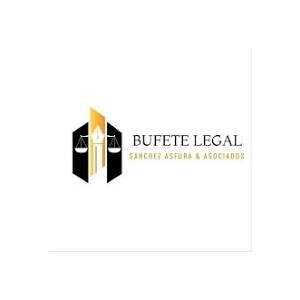Best Private Equity Lawyers in Tegucigalpa
Share your needs with us, get contacted by law firms.
Free. Takes 2 min.
List of the best lawyers in Tegucigalpa, Honduras
About Private Equity Law in Tegucigalpa, Honduras
Private Equity (PE) involves investing in private companies or acquiring shares in public companies with the intent of making them private. In Tegucigalpa, Honduras, the private equity sector is gradually expanding as local and international investors seek opportunities in the country’s developing markets. Private equity transactions typically include mergers and acquisitions, structuring of investment funds, financing, and restructuring. The legal framework governing private equity is a blend of Honduran commercial, corporate, and financial laws, tailored to ensure secure transactions and protect both investors and companies.
Why You May Need a Lawyer
Dealing with private equity in Tegucigalpa involves complex legal considerations. A lawyer can offer crucial guidance in multiple scenarios, such as:
- Establishing investment funds or structuring equity investments.
- Conducting mergers, acquisitions, or divestitures.
- Navigating cross-border transactions involving foreign investment.
- Negotiating and drafting purchase agreements, shareholder agreements, and other critical contracts.
- Ensuring compliance with Honduran corporate, tax, and financial regulations.
- Assessing legal risks related to due diligence processes.
- Resolving disputes that may arise between investors and company management.
- Managing regulatory approvals from relevant government agencies.
Professional legal advice is vital to safeguard your investments, structure deals efficiently, and comply with all relevant laws.
Local Laws Overview
The private equity landscape in Tegucigalpa is governed by several key legal instruments:
- Commercial Code: Sets the foundation for business entities, commercial contracts, and partnership arrangements.
- General Law of Corporations: Governs the formation, operation, and management of legal entities, including requirements for shareholders and directors.
- Securities Market Law: Oversees transactions involving shares in publicly traded companies and the conditions for making a company private.
- Foreign Investment Law: Regulates investment by non-Honduran entities or individuals, including stipulations for repatriation of profits and conditions for foreign ownership.
- Anti-Money Laundering Regulations: All transactions must adhere to rules to prevent illicit financial activities.
- Tax Laws: Affect the structure and profitability of private equity investments, particularly concerning capital gains and dividends.
It is essential to consult a lawyer versed in Honduran law to ensure all documents comply with these regulations and to manage any risks effectively.
Frequently Asked Questions
What is private equity, and how does it work in Honduras?
Private equity refers to investments made directly into private companies or the buyout of public companies to make them private. In Honduras, investors typically seek stakes in growing businesses and aim to increase their value before an eventual exit, often by selling the business or through an initial public offering.
How is private equity regulated in Tegucigalpa?
Private equity is regulated under the Commercial Code, General Law of Corporations, Securities Market Law, and relevant tax and foreign investment statutes. Regulators oversee transactions to ensure legal compliance, transparency, and fair competition.
Can foreigners invest in private equity in Tegucigalpa?
Yes, foreigners can invest in Honduran private equity, but they must comply with the Foreign Investment Law, register their investments, and sometimes obtain special permits depending on the sector.
What are the main legal risks in private equity transactions?
Risks include non-compliance with regulations, unclear contracts, difficulties with shareholder rights, liabilities linked to acquired entities, and challenges related to cross-border transactions or currency controls.
What is due diligence, and why is it important in private equity?
Due diligence is the process of thoroughly investigating a target company’s legal, financial, and operational status before investing. This helps investors identify risks and make informed decisions.
Do I need government approval for private equity investments?
Some transactions, especially those involving regulated industries or foreign investment, may require approval from government bodies such as the Comisión Nacional de Bancos y Seguros (CNBS) or Registro Mercantil.
What are typical fees associated with private equity deals?
Fees can include legal and advisory fees, regulatory filing fees, and taxes such as capital gains or transfer taxes. The exact amounts depend on the transaction’s structure and value.
Can private equity firms exit investments easily in Honduras?
Exit strategies include selling to another investor, mergers, or public offerings, but the ease depends on market conditions, company performance, and regulatory factors in Honduras.
What are shareholder agreements, and are they necessary?
Shareholder agreements set the terms of the relationship among company owners, including rights, responsibilities, and dispute resolution mechanisms. They are crucial in private equity to avoid conflicts and protect all parties involved.
Where can I find reliable legal support for private equity in Tegucigalpa?
Reliable legal support is available from law firms specializing in corporate and financial law, as well as professional organizations that maintain directories of qualified lawyers.
Additional Resources
If you need guidance or want to learn more, consider reaching out to these institutions:
- Comisión Nacional de Bancos y Seguros (CNBS): Oversees the financial sector, including private equity fund regulations.
- Cámara de Comercio e Industria de Tegucigalpa: Offers resources for companies and investors, including legal information.
- Registro Mercantil: Handles business registrations and provides documentation required for corporate entities and foreign investments.
- Colegio de Abogados de Honduras: The national bar association maintains a list of certified legal professionals.
- Local business and investment promotion agencies: Provide support and information for both domestic and international investors entering the private equity market.
Next Steps
If you are considering involvement in private equity in Tegucigalpa, these steps can help ensure your interests are protected:
- Identify your investment objectives and the nature of your planned private equity transaction.
- Gather relevant documents related to your business, investment targets, and any existing agreements.
- Consult with a qualified corporate or financial lawyer experienced in Honduran private equity transactions.
- Request a detailed assessment of legal risks, due diligence requirements, and regulatory compliance needs.
- Develop a step-by-step plan with your legal counsel, including timelines for approvals, filings, and closing the deal.
- Remain proactive in communications with your lawyer and all stakeholders to anticipate and address potential challenges early.
By partnering with knowledgeable legal professionals and familiarizing yourself with local regulations, you can move forward confidently with your private equity projects in Tegucigalpa, Honduras.
Lawzana helps you find the best lawyers and law firms in Tegucigalpa through a curated and pre-screened list of qualified legal professionals. Our platform offers rankings and detailed profiles of attorneys and law firms, allowing you to compare based on practice areas, including Private Equity, experience, and client feedback.
Each profile includes a description of the firm's areas of practice, client reviews, team members and partners, year of establishment, spoken languages, office locations, contact information, social media presence, and any published articles or resources. Most firms on our platform speak English and are experienced in both local and international legal matters.
Get a quote from top-rated law firms in Tegucigalpa, Honduras — quickly, securely, and without unnecessary hassle.
Disclaimer:
The information provided on this page is for general informational purposes only and does not constitute legal advice. While we strive to ensure the accuracy and relevance of the content, legal information may change over time, and interpretations of the law can vary. You should always consult with a qualified legal professional for advice specific to your situation.
We disclaim all liability for actions taken or not taken based on the content of this page. If you believe any information is incorrect or outdated, please contact us, and we will review and update it where appropriate.



